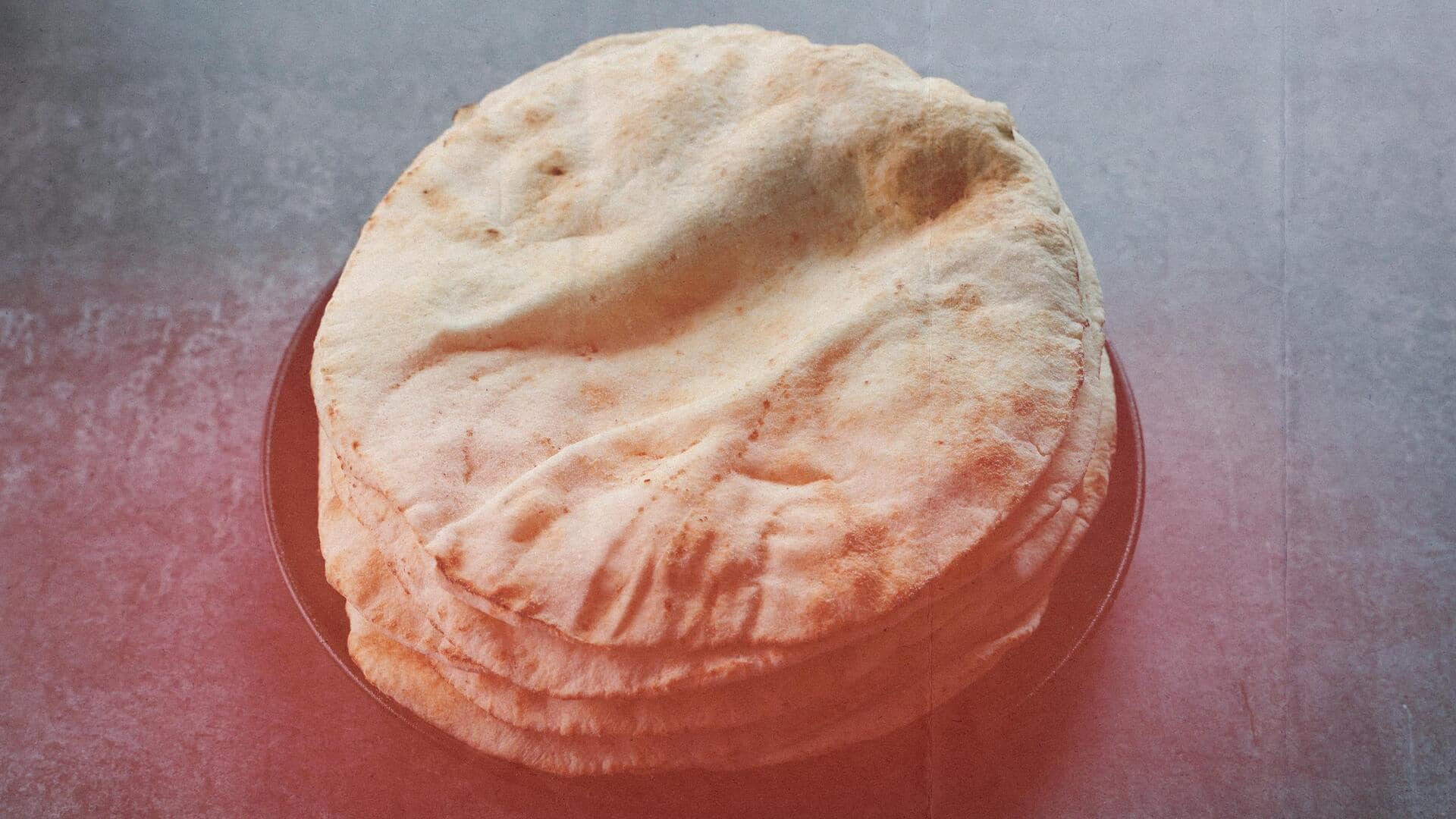
UK: Indian-origin women given radioactive rotis in 1969, probe demanded
What's the story
The United Kingdom (UK)'s opposition Labour Party MP Taiwo Owatemi has called for a thorough inquiry into medical research dating back to the 1960s that involved Indian-origin women being fed chapatis containing radioactive isotopes.
The bread was reportedly given to 21 women of Indian origin under a 1969 research trial into iron deficiency in the South Asian community.
In a recent post on X (formerly Twitter), Owatemi claimed that she was "deeply concerned" for the women impacted by the study.
Details
Owatemi pushes for parliamentary debate over matter
In her post, Owatemi announced, "I will be calling for a debate on this as soon as possible after Parliament returns in September."
Furthermore, she asked, "Why the recommendation of the Medical Research Council (MRC) report to identify the women was never followed up so that they can share their stories, receive any support needed, and so that lessons are learnt (sic)."
Twitter Post
Check out UK MP's post on X
I am appalled and concerned about the information shared regarding the 1969 ‘Chipati’ study using South Asian women from Coventry.
— Taiwo Owatemi MP (@TaiwoOwatemi) August 24, 2023
My foremost concern is for the women and the families of those who were experimented on in this study. pic.twitter.com/0FwMoYvt9z
What Next?
Owatemi's demands backed by fellow MP Sultana
According to The Guardian, Owatemi's demands were backed by fellow MP for Coventry South Zarah Sultana.
"I am shocked that this study was allowed to happen in the way that it did, and that in spite of it having been exposed decades ago, the South Asian community in Coventry has still not had a full explanation of what happened," Sultana stated.
know more
All you need to know about study
Per reports, a Coventry general practitioner identified the 21 aforementioned women after they sought his care for minor ailments.
The aim of the study was to address concerns regarding the widespread anemia among South Asian women and research the effects of traditional South Asian diets.
They were then transported to the Atomic Energy Research Establishment in Harwell, Oxfordshire, where their radiation levels were measured to determine the amount of iron absorbed.
Insights
Know about MRC's inquiry into study in 1998
Funded by the MRC, the research was reported to have been conducted by Professor Peter Elwood from Cardiff University.
However, a Channel 4 documentary in 1995 triggered an inquiry by the MRC into the study in 1998.
As per The Guardian, the MRC's report claimed that the health risks were "very low," and the participants were exposed to radiation levels that equaled a "single chest X-ray taken at that time."